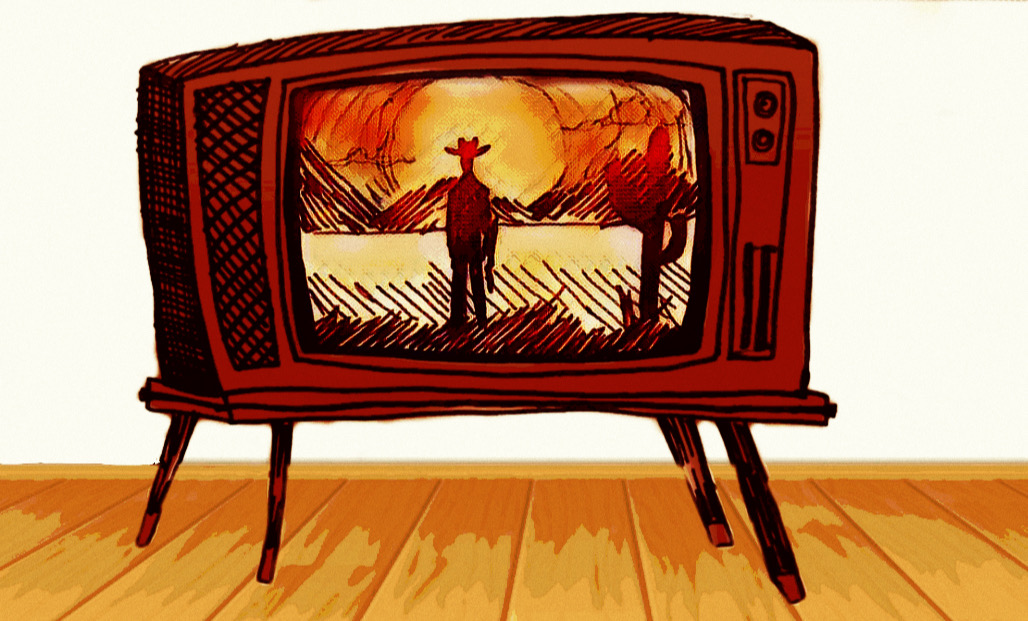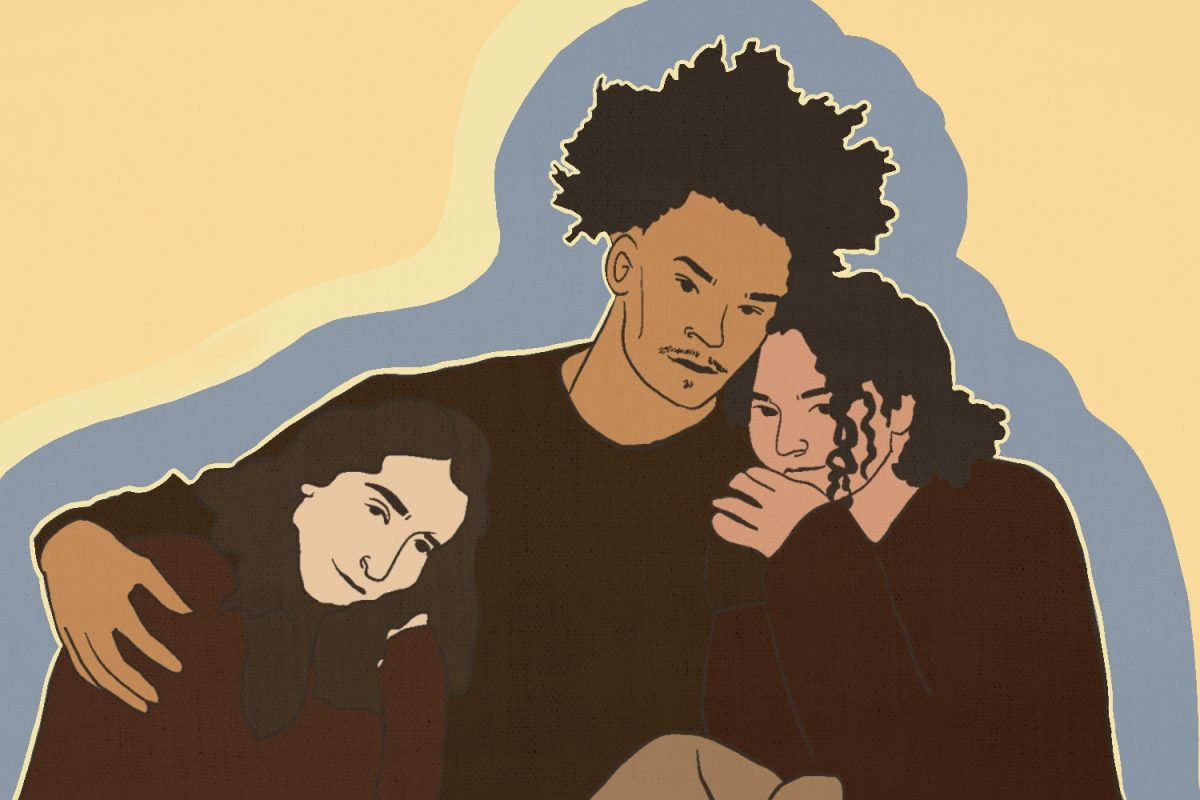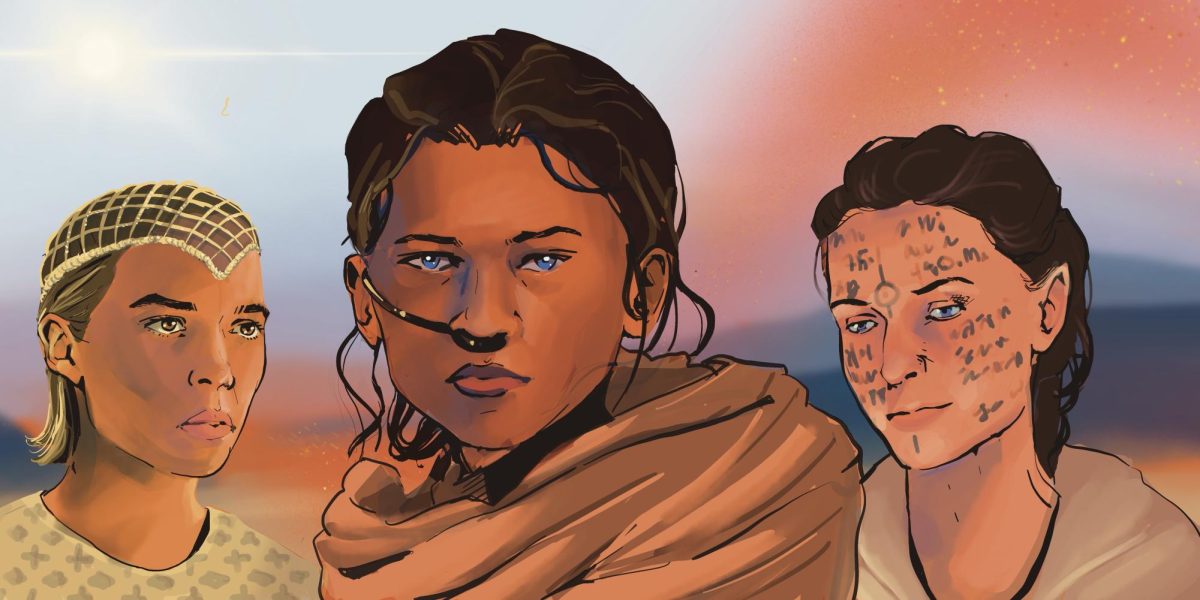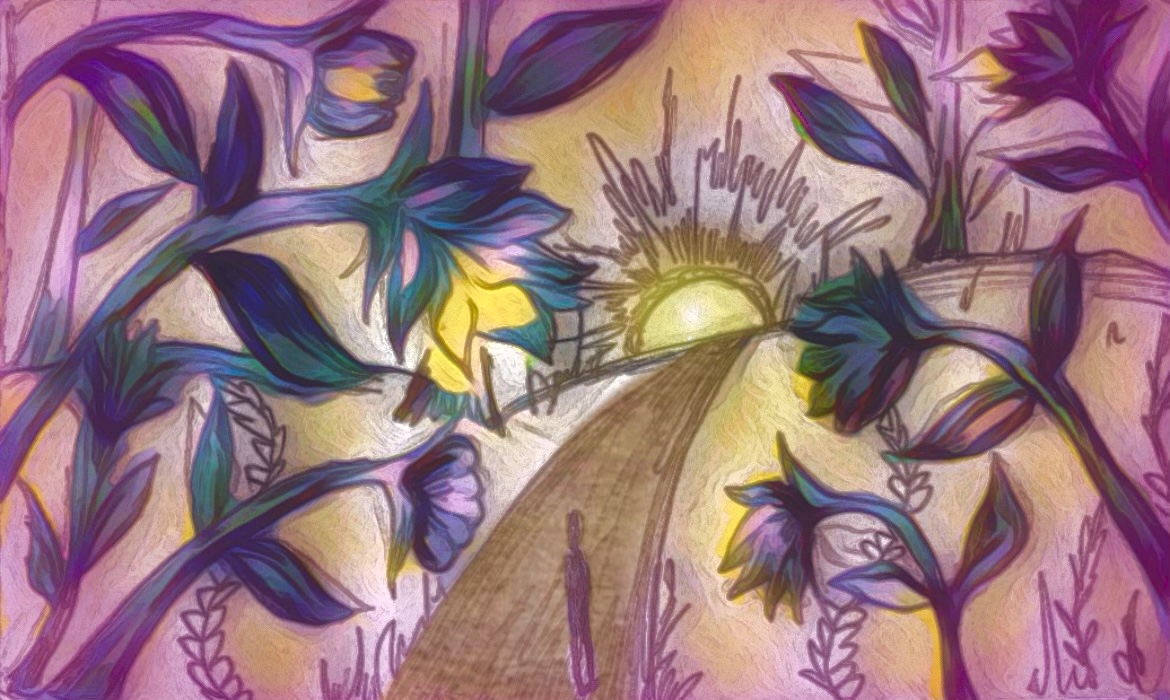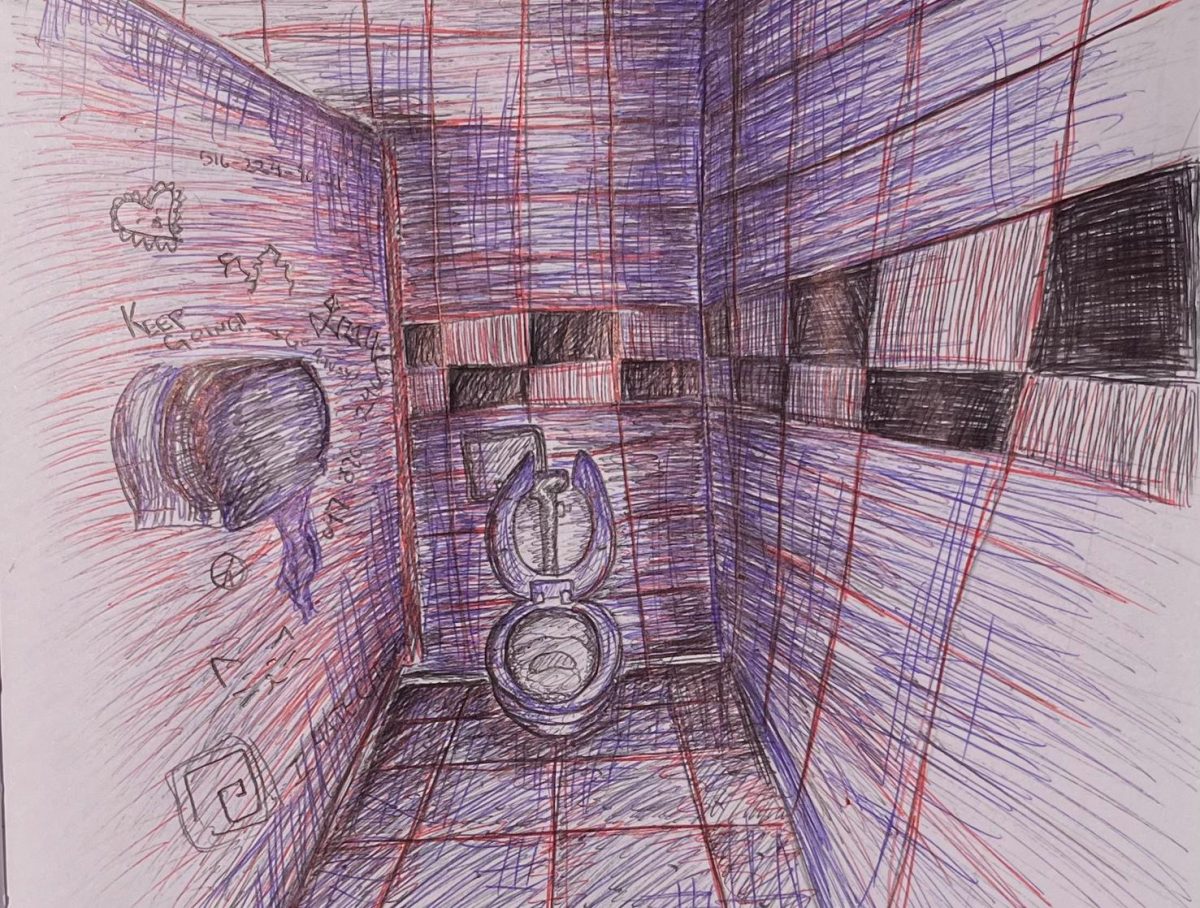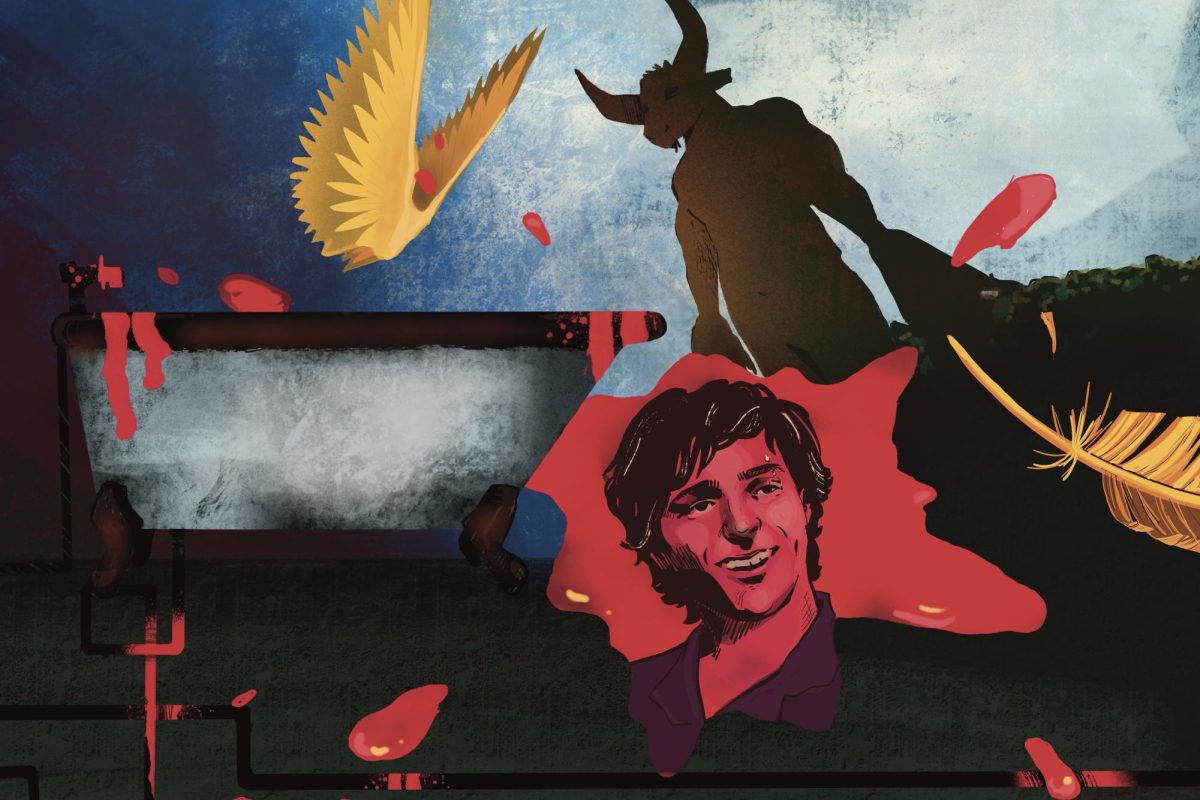Legend has it that in the forties Lester Young was the king of cool. His introverted sax style eased out from his horn like a trail of incense. He was poetry and more than anything his aura was unexplainable-it was mysterious-Lester just had a way. It’s that kind of presence that elevates an artist just a little bit higher than the regulars-a presence that you can’t put your finger on, one that’s unsolvable and will perpetually keep him fresh. And so when I walked into rapper Common’s hotel room on February 19th, and he said “Yo, what up, I’m Rashee,” with a voice raspier than an old phonograph, he caught me in the same unique way Lester did-and suddenly I felt blue, all over again, in the best way.
***
“Yeah man,” Common said perched up on pillows, and dead tired from a long flight, “I fell in love with hip-hop the first time I heard Africa Bambaataa and Grandmaster Flash” who were both alternative and “conscious” before hip-hop publicly opened that avenue. “It was an advantage to grow up in Chicago,” Common explained, “it left both coasts open to me. I was able to freely hear The Low End Theory (A Tribe Called Quest) and Illmatic (Nas), NWA, and Run DMC, Tupac and De La Soul-and the thing about Chicago is that it’s real, it’s black, and it’s very segregated, so it gives the music another flavor.” Common yawned and stretched out-“Hip-hop is in a great place right now, there’s a lot of light out there. It’s a world where Kanye West and 50-Cent can exist, it’s huge, and it’s real flexible. Especially with Kanye (produced Common’s up and coming record) who’s showing people another side of hip-hop. You can be lots of things too. I myself don’t mind being labeled as ‘conscious’ because conscious just means being aware, and man, I’d rather be aware than unaware,” and we both laughed. “You know what hip-hop is?” he questioned me, “Hip-hop is poetry man. Verse for verse, it’s just poetry. When I did the Def-Poetry Jam bit I recited a song I’d written that just didn’t make a record-poetry man.” And he finished the sentence with a real funky swagger in a way that Langston Hughes would have appreciated, because real poets and artists are poets and artists all of the time, not just when they work.
***
The thing about Common is that he’s paid so much attention. He’s absorbed his hip-hop forefathers like an aficionado, when taking poetry and other kinds of music into account as well. On the track “The Sixth Sense” (Like Water for Chocolate) he manages to reference Langston Hughes (“I’ve seen street dreams deferred”) and Gil Scott (“The revolution will not be televised”) in a matter of a minute, and does it with his own taste. It’s the balanced combination of tradition and innovation that so many artists ideally try to abide by. He’s internalized jazz, rock, afro-beat, and even folk-Joni Mitchell being one of his favorite writers. On his most alternative disc, Electric Circus, which came out about two years ago he’d been listening to lots of Pink Floyd, and creating the way he did because he “wanted to push the boundaries, and develop something that went way beyond linear.” The album before that, Like Water for Chocolate, Common’s favorite, featured renowned jazz trumpet player Roy Hargrove, Dj Premier, and Questlove, just to name a few, that exuded JazzMatazz with a whole new swing-Common. This record goes from revolution to love and back. “The Light,” its biggest single, was as honest as a Van Morrison tune and as ghetto as Slick Rick-“But that’s fly by night for you and the sky I write/For in these cold chi night’s moon, you my light”-that’s a special kind eloquence.
***
“So the way I like to describe my career is like a circle,” Common explained, as he lied on his stomach hugging a pillow, “when Resurrection first came out in the early nineties it was way more street, way more at the root of hip-hop,” with songs very influenced by the hip-hop artists mentioned earlier, “And when Electric Circus came out, that was me getting really far away from that root. Now that I’ve gone there, it’s time to circle back to the root again with Be (soon to be released). The record’s just got lots of depth.” Be stands for “basement elevation,” appropriate for the concept of the record since the basement is where hip-hop began-people packed in tightly, sweating profusely, “poppin’ and lockin'” to the emcee and his dj, getting dirty in rhythm. “You wanna see the music video for the new single ‘The Corner’?” Common asked. “Definitely,” I rejoined trying to sound as smooth as he did when he asked me. He pulled out a lap-top, “In the city everything goes down on the corner-hustlin’, dealin’, love-all of it,” he said over his shoulder as he popped in the disc. The credits flashed at the beginning of the video, and Common grew a large smile the way you hope he would. If an artist doesn’t get excited by his work then who else will?
We both bopped our heads in sync with the music, and he sang along with chorus. Three minutes went by, and as the song winded down the final credits rolled by, except instead of seeing the expected “The End” flash across the screen, it returns to the start of the circle and flashed “The Beginning”- because truthfully, you can home again.











